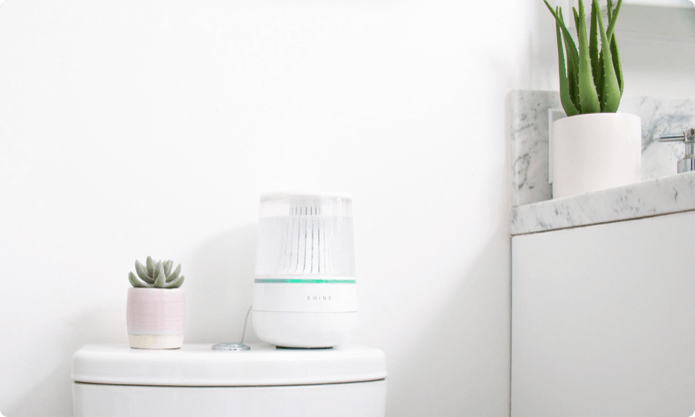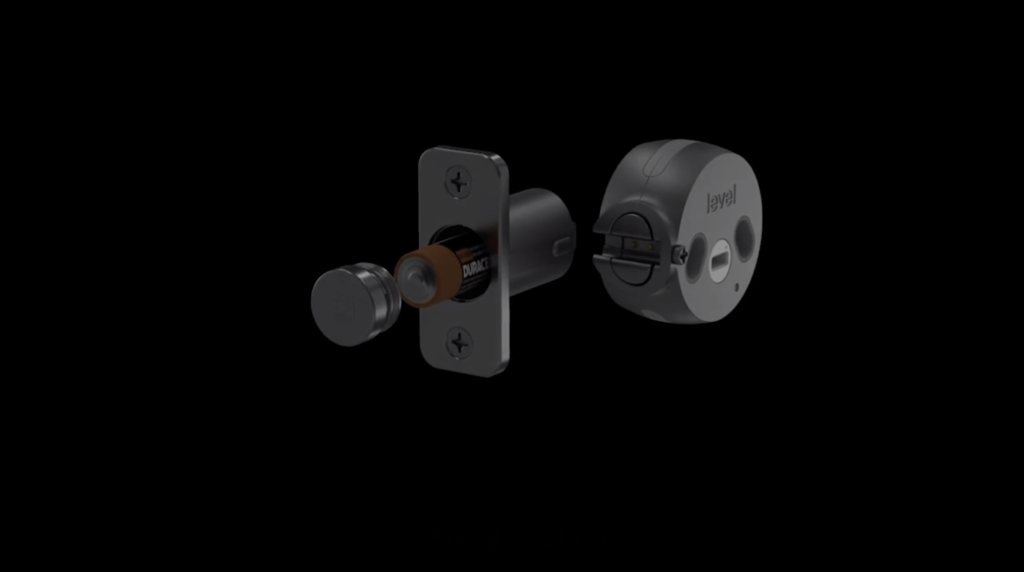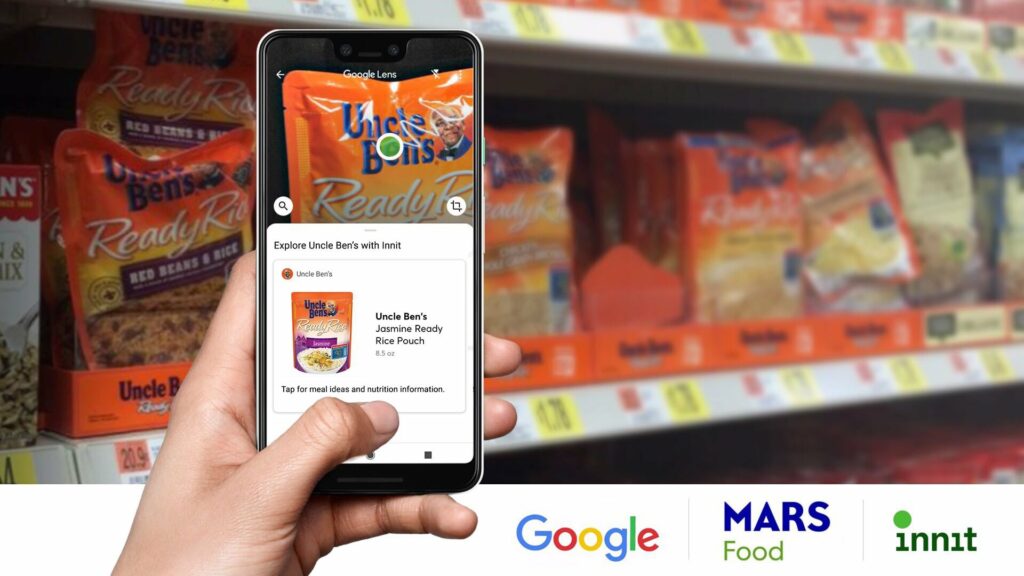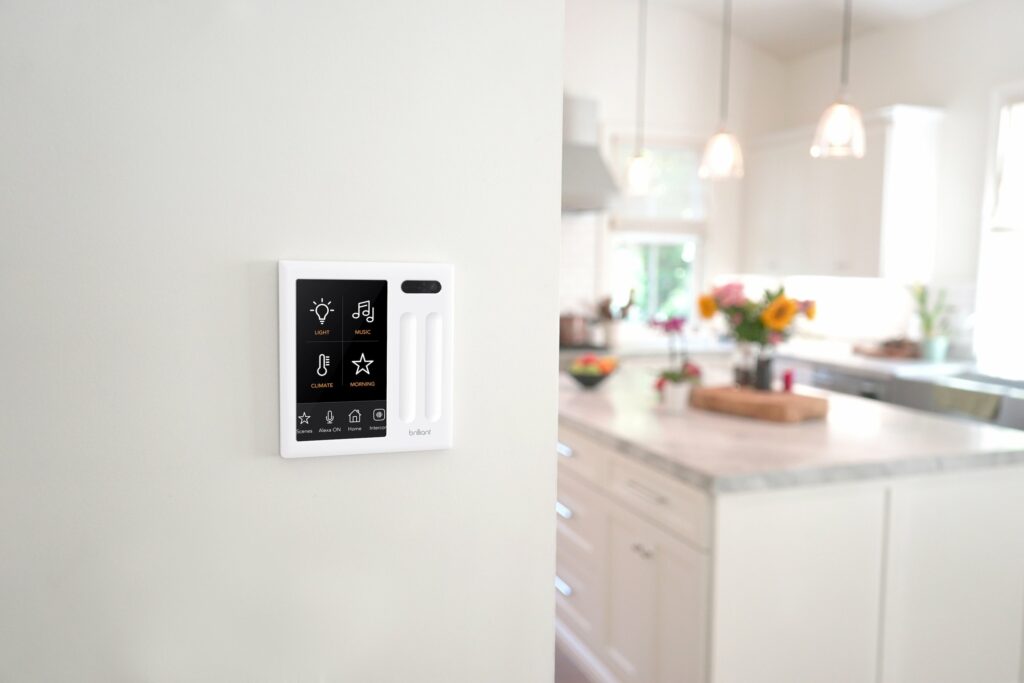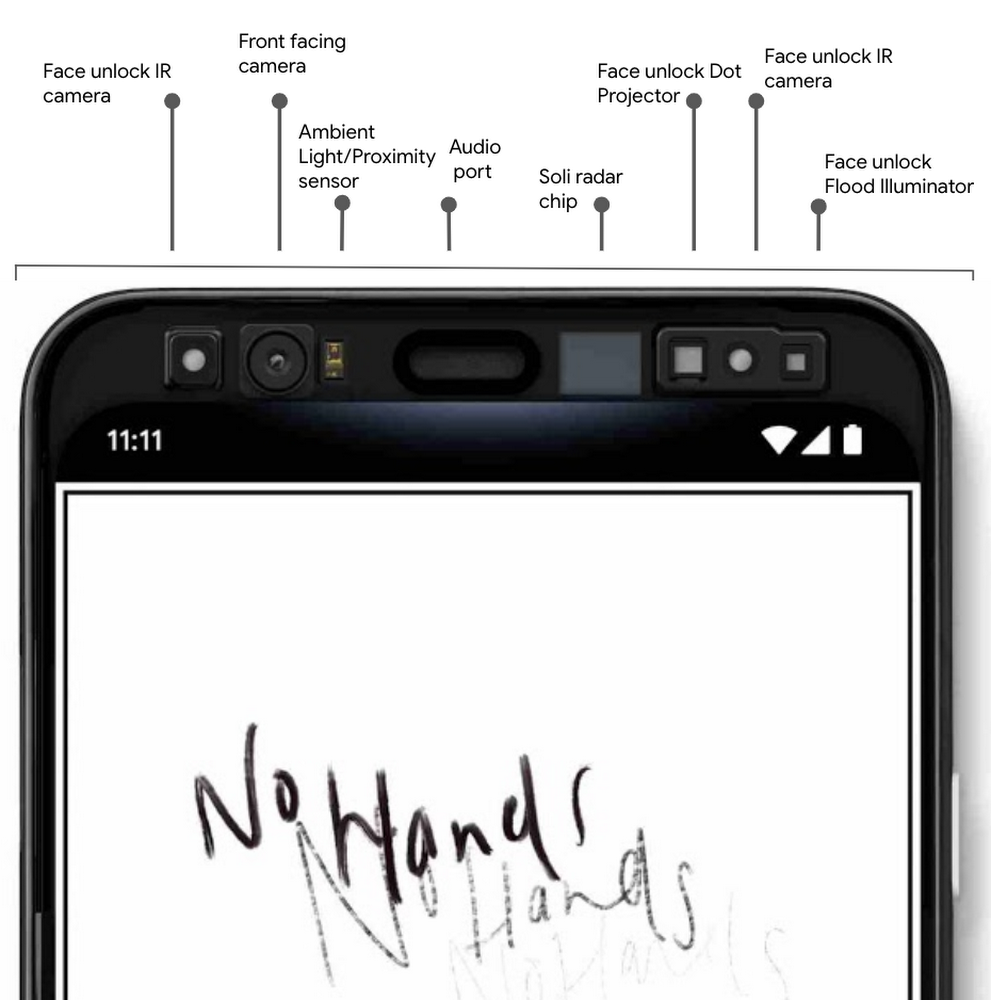This week Kevin and I lamented about the future state of Wink. Its status is almost dead. We also discussed Apple’s renewed interest in the smart home, Google’s rumored interest in Fitbit and Microsoft’s certain interest in improving its credentials for edge IoT. We also talked about security vulnerabilities enabled by smart lights, why you shouldn’t connect a phone to your rental car, and Wi-Fi getting a long-distance boost for the IoT. Particle raised $40 million, Google Home gets a new interface, Alexa can now add dimming to routines, Tile talks to Google Assistant, and a new smart button from IKEA hit the FCC. We also answer a listener question about smart pools.
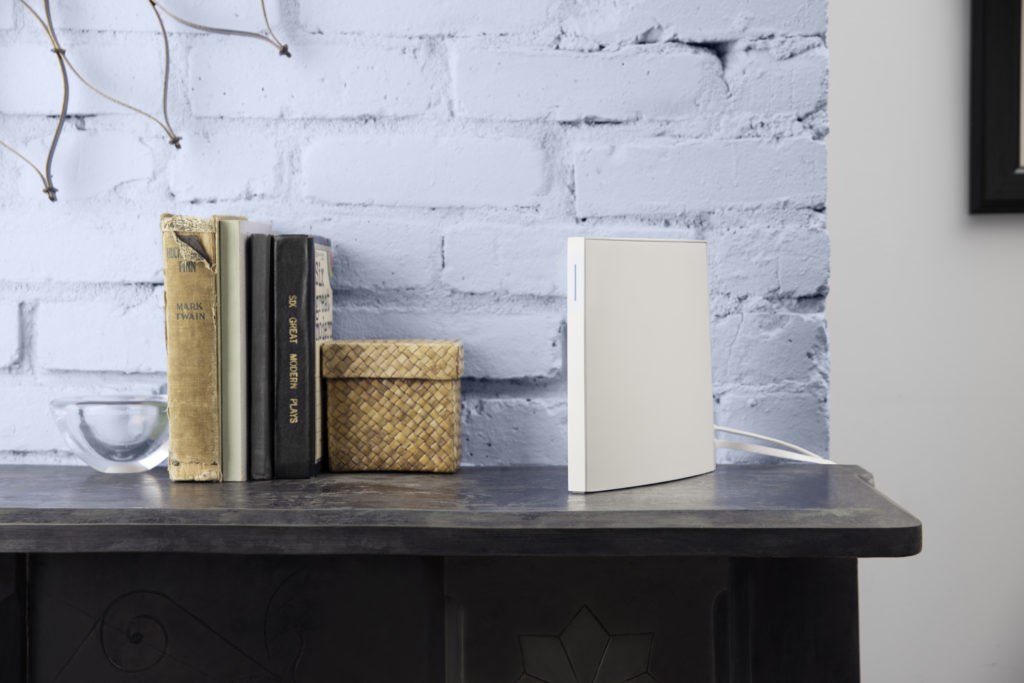
This week’s guest is Massimo Russo, managing director and senior partner at BCG, who came on the show to discuss why incumbent businesses have an advantage in the internet of things. We discuss how existing businesses can take advantage of their data and expertise to offer services that startups just can’t. We also talk about when to partner up with startups and tech firms, and how that can make your businesses even more successful. In the coming era of competing and cooperating, businesses will have to figure this out. Enjoy and Happy Halloween.
Hosts: Stacey Higginbotham and Kevin Tofel
Guest: Massimo Russo, managing director and senior partner at BCG
Sponsors: Nutanix and Afero
- What to buy if Wink dies
- What Google should do with Fitbit
- Microsoft adds some excellent features to it’s IoT products
- What big businesses have that startups don’t
- How to make money on digital twins
Podcast: Play in new window | Download | Embed
Subscribe: RSS

